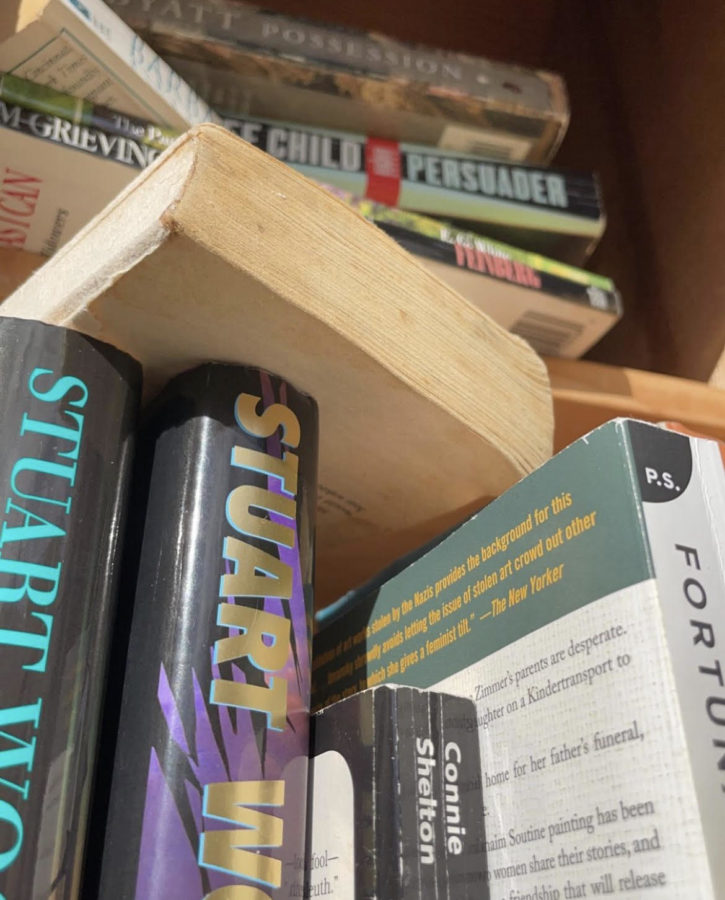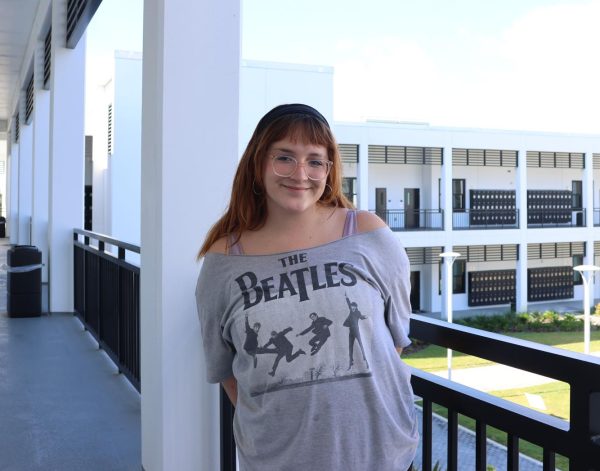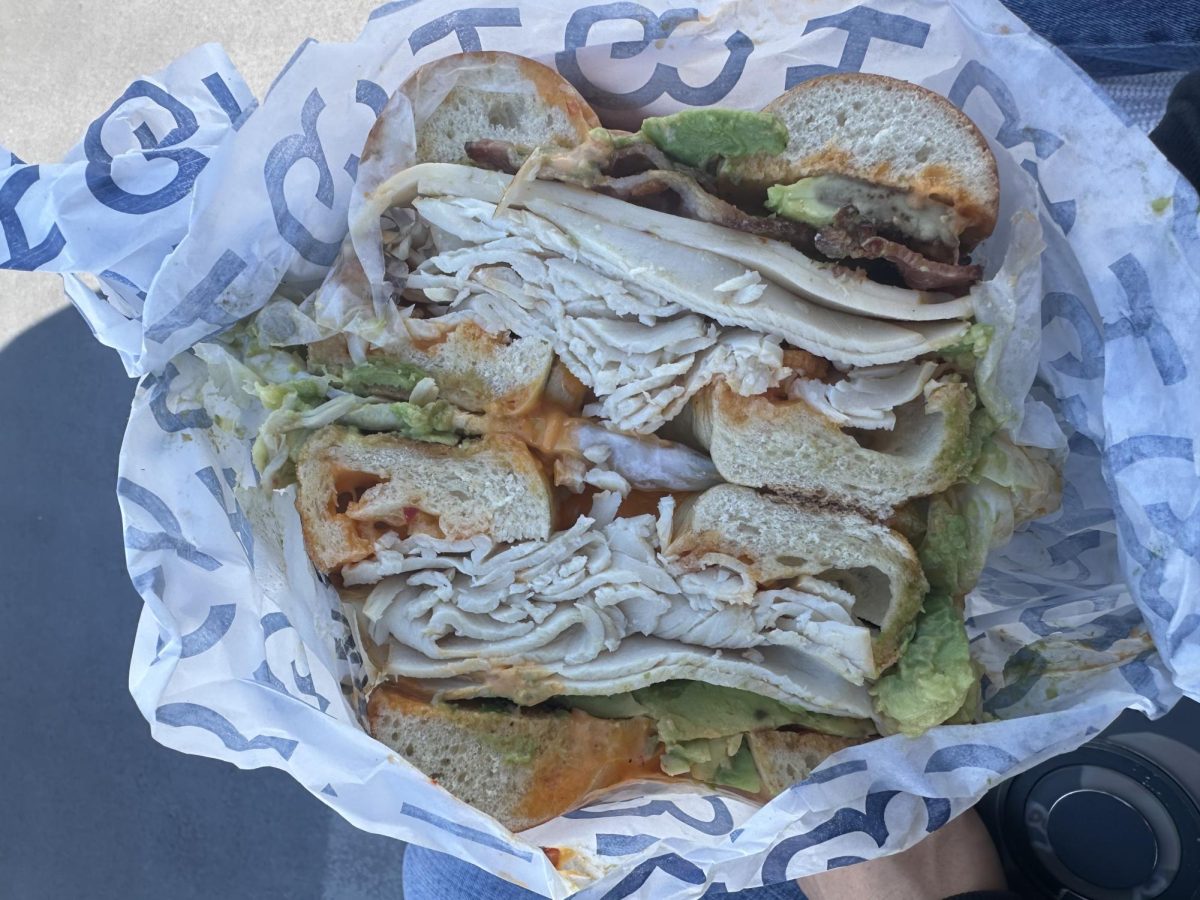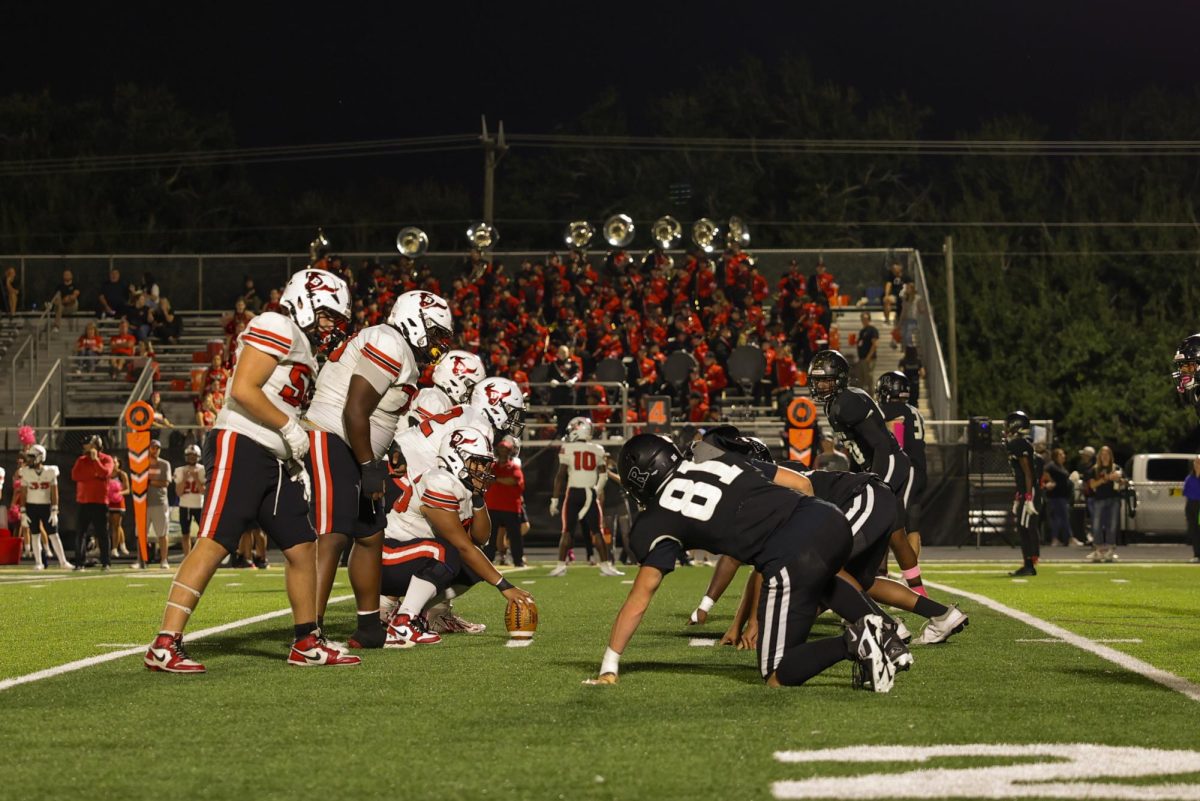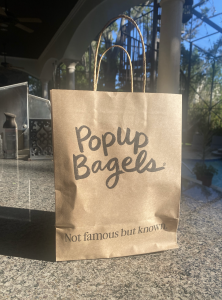How to Sustainably Purchase and Recycle Books
Books are history and our history needs to be taken better care of.
March 8, 2023
Books look cute sitting on our shelves, but if we’re not reading them are we really doing them justice? As students, we annotate and forget about many books that just sit in heaps around our room. It’s important to get rid of books you aren’t reading to best put them into use. What’s even better is to do this sustainably – here’s how.
Recycle:
To properly dispose of or get rid of your books, you first need to take the condition of the book into consideration. If it’s completely battered, beaten and bruised, you’re going to want to go to your local recycling facility. Paper-backs are a definite yes but they will generally accept hardcover as long as the pages are ripped out. I feel like most textbooks would fall into this category, books you’ll never read again.
If your books aren’t quite that distraught looking, there are plenty of other ways to salvage them.
1) Donating to thrift and second-hand bookstores always ensures it will be put to some use. If you think people don’t buy books at thrift stores, you would be sorely mistaken. Every 30-60-year-old man walks out with at least a stack of five books every time I go.
2) Finding one of those neighborhood book boxes is always an option. I know I have two in my neighborhood that I’ll regularly check up on. The selection of books themselves isn’t the best, but it can force you to expand your genre horizons, which can be a good thing.
3) Donate to Schools, Charities, Churches and Libraries. There are always different drives and fundraisers going on around you, you just have to look. When you’re directly giving it away to those in need or you know where it’s going and how it’s being used, you feel a little better.
Purchase:
So now that you’ve gotten all of your hellish textbooks and Percy Jacksons off your shelf, it’s time to do some shopping (this is the fun part). This is something I feel like I’ve been doing for a while now just to be cost-efficient but there are many other environmental benefits of intelligently buying your books.
1) Borrow books from a library. Obviously, this would be the most financially conscious option as in free. You will have to get yourself to go to the library and
2) Buy secondhand books from charity shops, thrift stores, or online used book websites. Ebay, Thriftbooks.com and Abebooks.com have saved my life in terms of buying books for a decent price. After one trip to Barnes and Noble, I’m broke. With thrifted books, you can buy two or three novels for the price of one retail.
3) Join or host an online Bookswap. Relying on strangers can be dicey, but if deals work out, it’s a great substitute for paying for a book.
4) Then, of course, you can always read your books electronically. Personally, I like the feeling of reading from an actual book, but if you enjoy reading this way, you should absolutely do it. When you purchase them, it’s obviously not the same as supporting a local business or charity store, but you are still making an impact.
One tree produces about 8,000 sheets of paper. The U.S. uses 626,000 tons of paper per year to produce books. If we can take the time to properly and sustainably recycle, purchase, and dispose of our books, the world would be much better off. It’s important that we keep the art of reading alive but if we can do it in an environment-conscious way, that would be even better.

